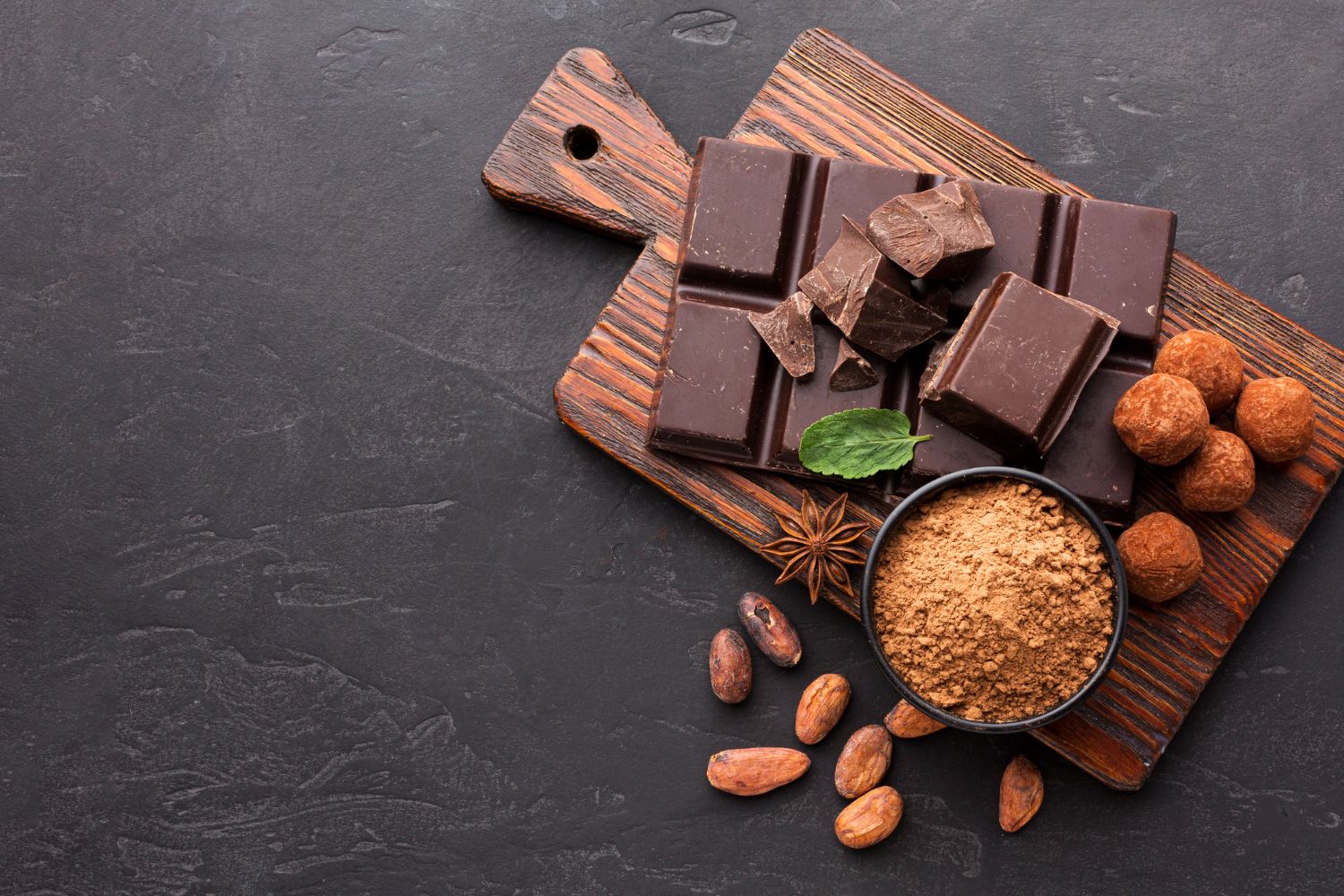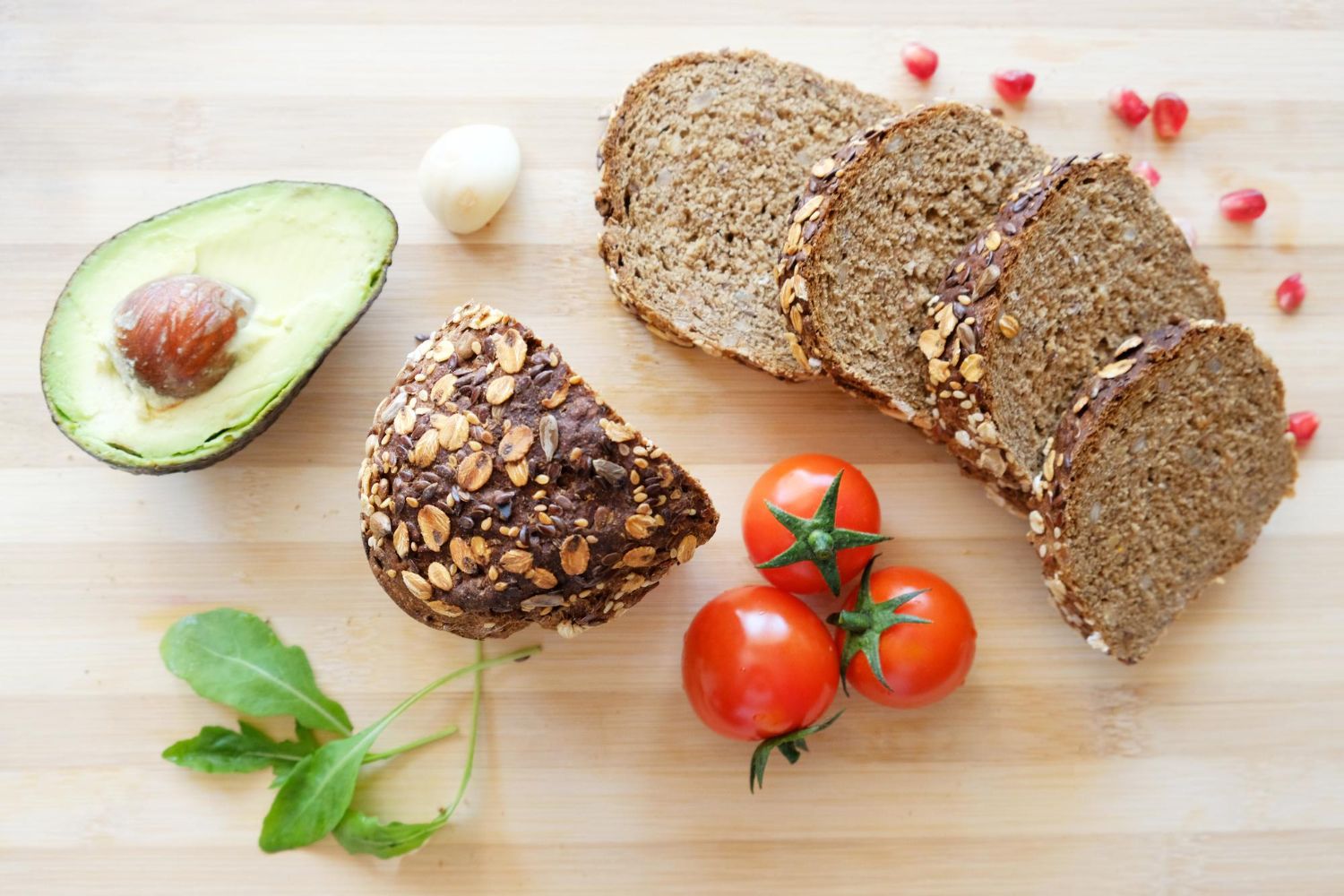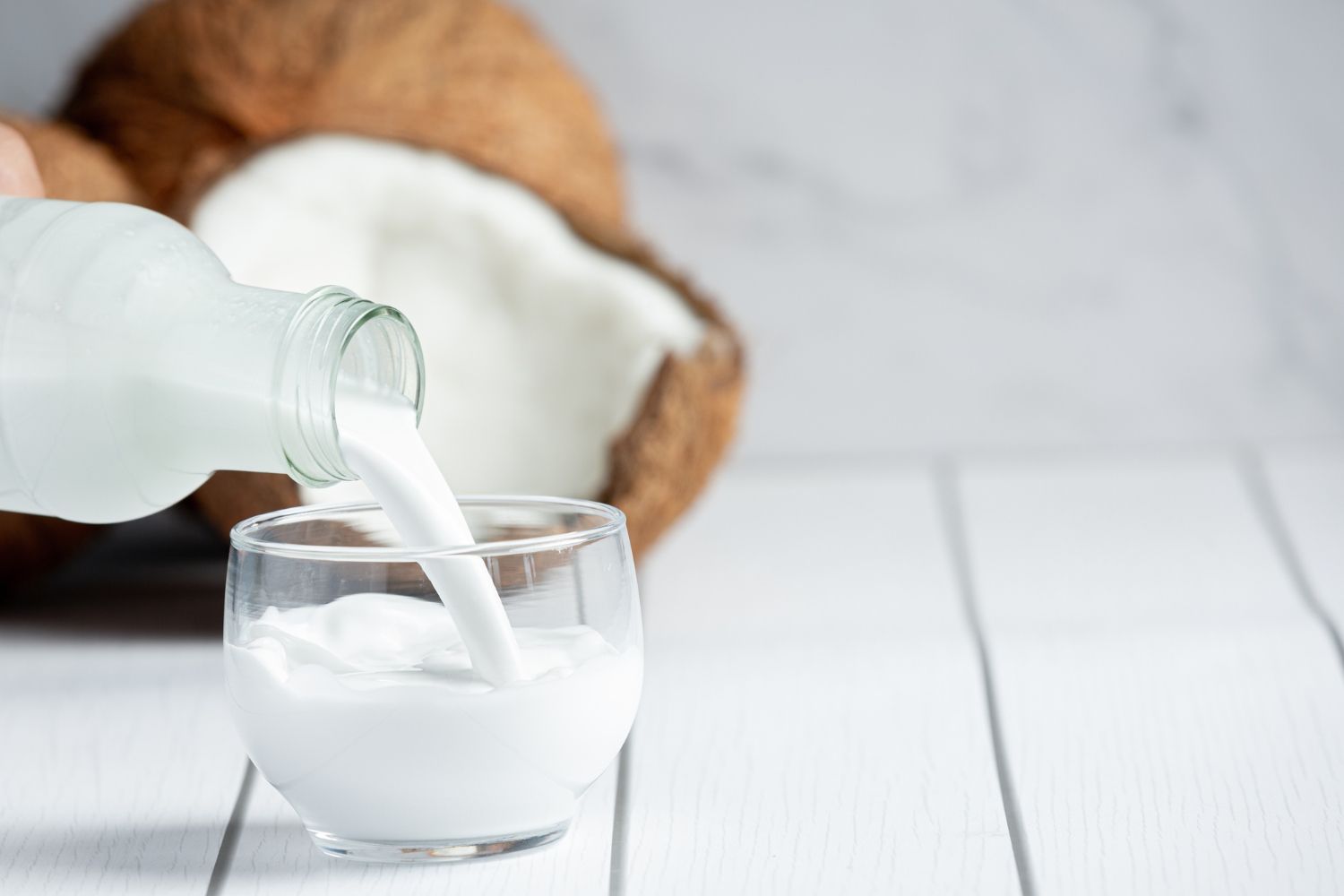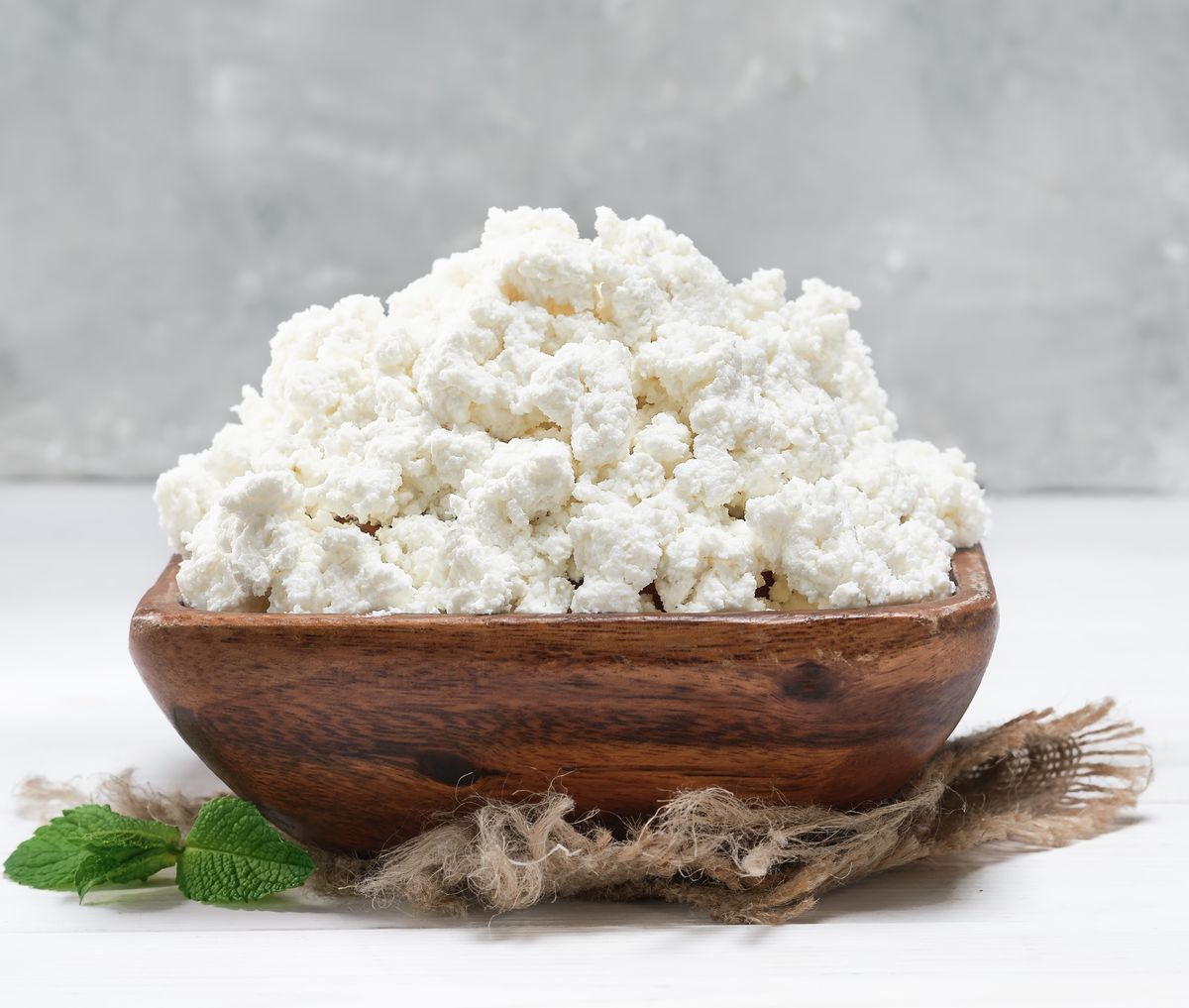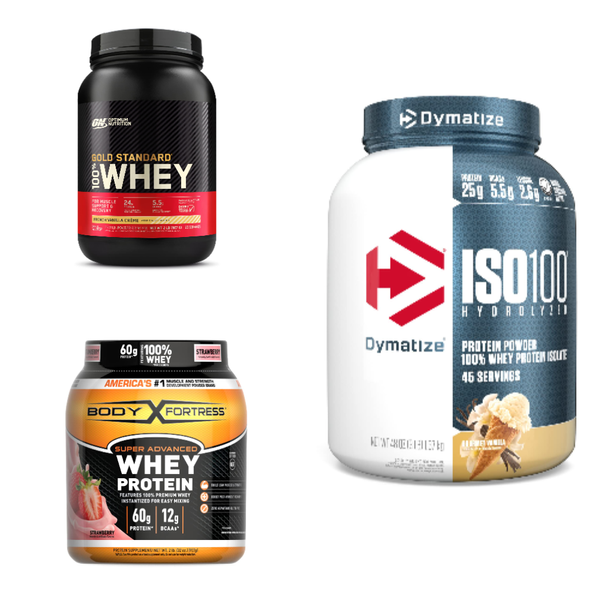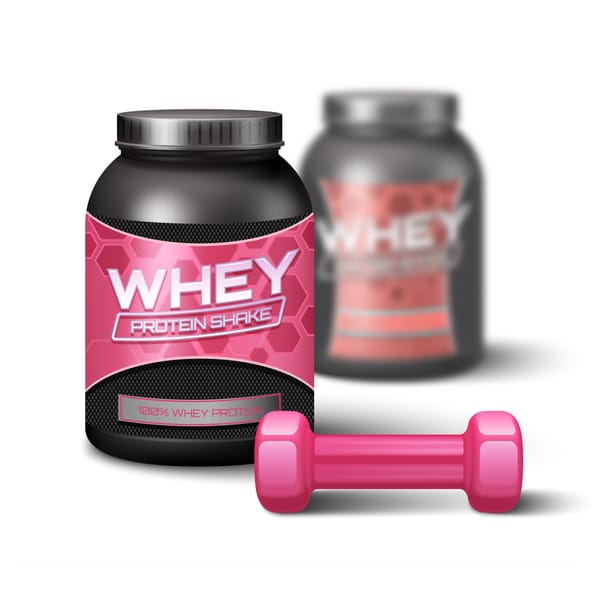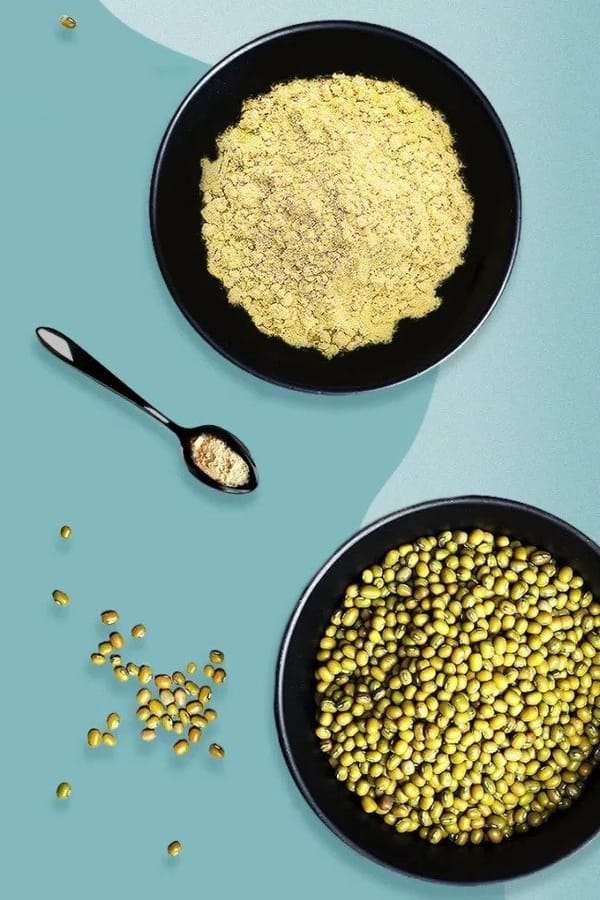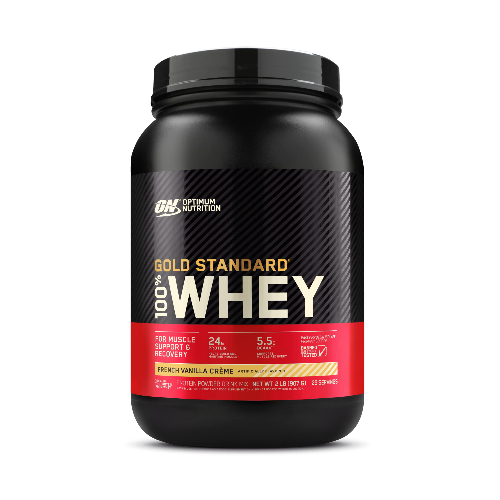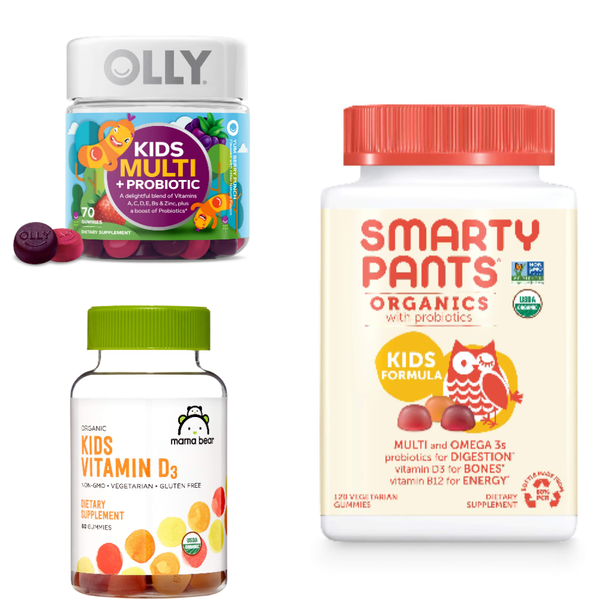When it comes to maintaining a healthy diet, especially the ketogenic or keto diet, choosing the right foods is essential. One question that often comes up is, "Is cottage cheese keto-friendly?" The answer is not as simple as a yes or no. Let's delve deeper into this subject.
Cottage cheese can indeed be a part of your keto diet. However, the type of cottage cheese matters. Full-fat cottage cheese is highly recommended for those on a keto diet. It contains fewer carbs and more fat, which is in line with the high-fat, low-carb philosophy of the ketogenic diet.
But what about a low-carb diet full-fat cottage cheese or fat-free cottage cheese? While they might seem like healthier options due to their lower fat content, they are not the best choice for a ketogenic diet. This is because they often contain higher amounts of carbs, which can disrupt ketosis, the state where your body burns fat for energy instead of carbohydrates.
Cottage Cheese: A Closer Look
Cottage cheese is a fresh cheese variety that has a mild flavor and creamy texture. It is high in protein and offers numerous health benefits. For instance, eating cottage cheese can help in weight loss, reduced insulin resistance, and better blood sugar control.
A serving of cottage cheese (approximately half a cup) contains around 12 grams of protein, 5 grams of fat, and 4 grams of carbohydrates. It's worth noting that the carb content may vary based on the type of cottage cheese and the brand. Therefore, always check the nutrition label when you buy cottage cheese.
The fat content in cottage cheese also varies based on the type. Full-fat cottage cheese made from whole milk has the highest fat content, while low-fat and fat-free varieties have less. If you make cottage cheese varieties you're following a keto diet, the full-fat variety is your best bet.
What Makes Cottage Cheese Keto-Friendly?
When it comes to keto, the emphasis is on high fat, moderate protein, and low carbs. Let's break down how cottage cheese fits into this framework.
Full Fat Cottage Cheese:
Full-fat cottage cheese is a star in the keto world. With its rich and creamy texture, it's not just a tasty addition to your meals but also aligns perfectly with the high-fat requirement of the keto diet. Consuming full-fat dairy can help keep you satiated, an essential aspect of successful keto adherence.
Cottage Cheese Nutrition:
Cottage cheese is not just about fat; it's a powerhouse of nutrients. Packed with high-quality protein and healthy fats, it provides a balanced nutrient profile that can complement your ketogenic lifestyle.
Low Carb, High Protein:
Low carb is the name of the game in keto, and cottage cheese delivers on this front. With a minimal carb content, it won't disrupt your body's state of ketosis. Additionally, its high protein content supports muscle maintenance and growth, making cottage cheese high it an ideal choice for those on a keto journey.
Cottage Cheese and Keto Recipes:
The versatility of cottage cheese extends beyond being a standalone snack. Incorporating it into keto recipes like pancakes or using it as a base for sauces can add both flavor and nutrition to your meals while keeping carb intake in check.
Cottage Cheese vs. Other Cheeses
Cottage Cheese:
Cottage cheese is made by curdling milk with an acidic substance such as vinegar or lemon juice, which creates a curd. It is then drained and rinsed to remove any excess liquid. Cottage cheese is lower in calories and fat than many other cheeses, making it a popular choice for people looking to maintain a healthy diet. It’s also high in protein, which is great for muscle growth and repair. Cottage cheese is a good source of calcium, which is essential for strong bones and teeth.
Cheddar Cheese:
Cheddar cheese is a harder cheese made from cow’s milk. It’s high in fat and calories and often used in sandwiches and burgers. cheddar cheese provides protein and calcium, it is important to note that it also contains significant amounts of sodium and saturated fat. In moderation though, cheddar cheese can still be a part of a healthy diet.
Mozzarella Cheese:
Mozzarella cheese is a soft cheese made from buffalo or cow’s milk. It’s low in calories and fat, and a good source of calcium and protein. Mozzarella is often used on pizzas and in salads, making it a versatile cheese option. It’s also been shown to have anti-inflammatory properties, which can help reduce inflammation in the body.
Feta Cheese:
Feta cheese is a crumbly cheese made from sheep or goat’s milk. It’s lower in calories and fat than some other cheese types, and it’s also a good source of protein. Feta is often used in salads and on sandwiches, and its tangy flavor can add a zing to many dishes. Feta is also high in sodium, so it’s important to consume it in moderation.
Blue Cheese:
Blue cheese is a strong-flavored cheese made from cow’s milk. It’s higher in calories and fat than many other cheese types, but it’s also a good source of protein and calcium. Blue cheese is often used in salads and on burgers, and its creamy texture can add richness to many dishes. However, blue cheese is also high in sodium and should be consumed in moderation.
How to Enjoy Cottage Cheese on a Keto Diet
You can enjoy cottage cheese on keto in various ways. One simple option is to eat cottage cheese plain or sprinkle it with some salt and pepper. For a more savory snack, you can drizzle olive oil over your plain cottage cheese or mix in chopped olives to increase its fat content.
Cottage cheese also works well in keto recipes. For instance, you can make cottage cheese pancakes for a delicious low-carb breakfast. Just add cottage cheese and replace the traditional flour with almond flour or coconut flour, and you have a keto-friendly meal.
Watch Out for Hidden Carbs
While cottage cheese can be a part of a keto diet, it's crucial to keep an eye on your carb intake. Some brands of cream cheese may add ingredients such as guar or other gum-based thickeners, which can increase the carb content.
Always check the nutrition label for any added sugar or hidden carbs. Remember, keeping your carb intake low is key to maintaining ketosis and reaping the benefits of the keto diet, such as weight loss and improved blood sugar control.
The Nutritional Benefits of Cottage Cheese
Aside from being potentially keto-friendly, cottage cheese offers numerous health benefits. It's high in protein, making it a great choice for those needing a boost of this essential nutrient.
Cottage cheese is also rich in calcium, which is important for bone health. Plus, it contains probiotics, which can promote a healthy gut. When incorporated into a balanced diet, cottage cheese can contribute to overall health and well-being.

So, is cottage cheese keto-friendly? The answer is yes — but it depends on the type and how you consume it. Full-fat cottage cheese is the best option for those on a ketogenic diet due to its higher fat and lower carb content. However, always pay attention to serving sizes to avoid exceeding your daily carb limit. With these tips in mind, you can surely make cottage cheese a delicious and healthy addition to your keto diet.
